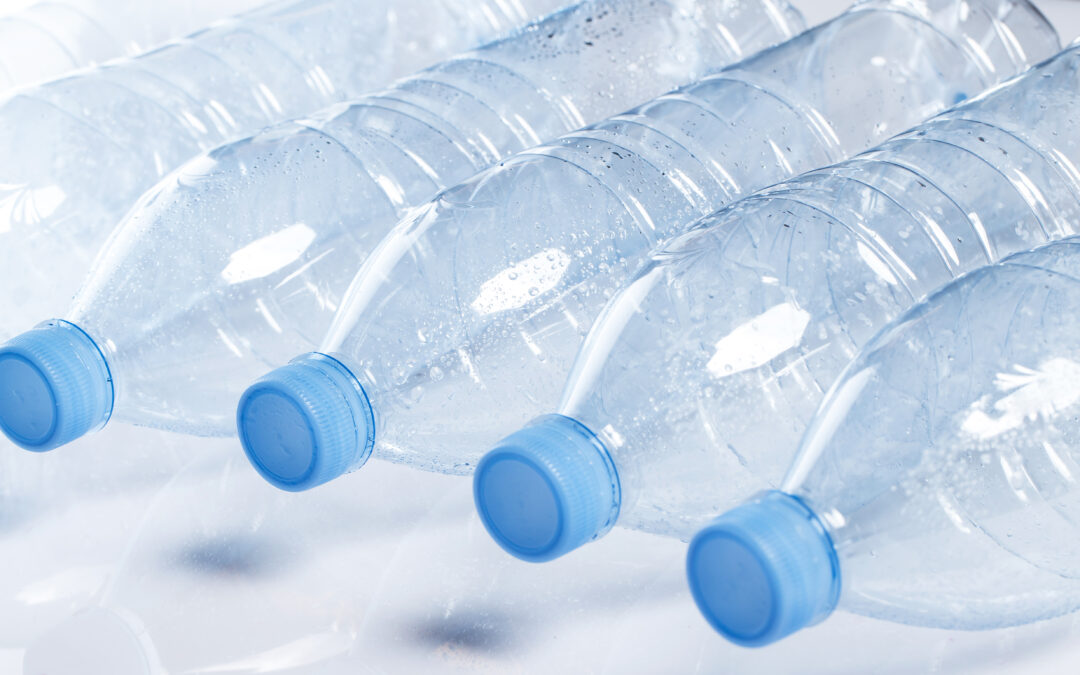When creating promotional products for your business, it is essential that you consider their environmental impact.
Sustainability is a hot topic in today’s society and consumers pay close attention to the actions and choices that businesses make to support their corporate social responsibility. Therefore, your promotional products are a great opportunity for you to showcase your business in a sustainable light whilst building brand awareness and giving back to your customers.
When creating your promotional products, one of the first considerations should be the material that you use to manufacture them. One material that we champion at Bag Maverick is rPET.
What is rPET?
RPET is a recycled material that was only introduced into the textile industry in 1993. This makes it relatively new when compared to materials like cotton and jute.
The source of this material is PET bottles (plastic water bottles) that undergo the mechanical recycling process to convert them into strong fibers. They are then spun into a polyester yarn and woven into the fabric known as rPET.
The quality of rPET is comparable to polyester in that it is strong, hardwearing and light making it the perfect material for promotional bags and custom-printed apparel.
How is rPET fabric made?
The process of making rPET starts with the recycling of post-consumer plastic water bottles which are made of polyethylene terephthalate (PET). These items are taken to a recycling facility where they are clean, separated by colour, crushed and then transported to a processing plant.
Once they arrive here, they go through the mechanical recycling process.
First, the bales of PET are broken up and ground into small flakes, cleaned, dried and chopped down further into small pellets. The pellets are then passed through a spinneret where they are melted and cooled into fibres that can be stretched into yarn.
The yarn can then be woven into the fabric that we call rPET.
Why is rPET sustainable?
RPET is labelled as a sustainable material for several reasons with the first being that the raw material comes from a recycled source and the finished fabric can be recycled at the end of its useful life which means that it is part of the circular economy. As a result, it doesn’t put any strain on limited resources and it keeps used materials out of landfills and in circulation for longer.
In 2016, an estimated 2.9 billion plastic bottles were diverted from landfills to be recycled and turned into rPET fabric.
Furthermore, rPET can lead to the reduction of greenhouse gas emissions by more than 79% compared to virgin PET. It also minimizes ocean-bound PET waste which is extremely harmful to the environment and our marine wildlife.
It is clearly a far greener option than most other materials when it comes to making promotional products for your business.
Promotional products made from rPET
Promotional products are often associated with being wasteful or harmful to the environment but they don’t have to be that way. Using sustainable materials to create merchandise is one easy way to ensure it has less of a negative impact on the planet.
Not only will it reduce the carbon footprint of your business but it will show that you are a business genuinely concerned about the environment and that you are doing your part to protect it.
RPET is a great option for promotional products because it is versatile and durable which enables you the opportunity to make a wide range of long-lasting, high-quality products for your customers or clients. Some of the most common promotional products made from rPET include tote bags, drawstring pouches, apparel and headwear.
Once you add your logo or bespoke artwork, you can create an impactful promotional product made from one of the most sustainable materials in the world.

